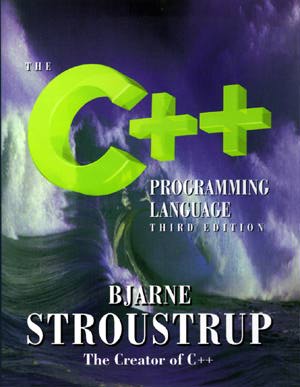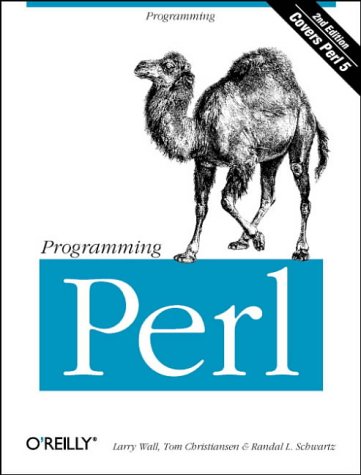Good morning!
Ruby vs The World
@arnab_deka
http://arnab-deka.com/
Favorite Language?










History
-
1995: Yukihiro Matsumoto, 'Matz'
-
2001: The Pick-Axe book

-
2004: Ruby on Rails by DHH

Speed???
vs



There's always another story...








Pure OO
1.methods => => [:to_s, :inspect, ...]"a string".class => String
No special syntax
Vehicle.new # not new Vehicle()1 + 2 # => 1.+(2)
Mixins
- like interfaces, but with implementation
- better than interfaces (Java)
-
clearer than multiple-inheritence (C++/Python)
Elegant & Readable
cars.map(&:registration_number).reject(&:empty?).join("\n")// the map part, in Java:List<String> plates = new ArrayList<String>(); for(Car c: cars) { plates.add(c.registrationNumber(); }
sentence.split.reverse.join ' ' # ruby" ".join(reversed(sentence.split())) # python
Principle of Least Astonishment
File: read, open, exists?, pathFunctional
Array/Hash/any Enumerable:numbers.all? {|number| number.odd? }... none?, any?, none?, one?, include?each, map, reduce, select/reject, sort/group/count, slice etc.
"It's so consistent that you start being able to guess how things will work, and you're right most of the time. It's beautiful. And fun. And practical."
- Steve Yegge
"My conscience won’t let me call Ruby a computer language. That would imply that the language works primarily on the computer’s terms."
_why
Powerful Meta-Programming
-
method_missing
xml = Builder::XmlMarkup.new(:target=>STDOUT, :indent=>2)xml.coder {xml.name 'Matsumoto', :nickname => 'Matz'xml.language 'Ruby'}# ⇒ <coder><name nickname="Matz">Matsumoto</name><language>Ruby</language></coder>
-
evals and define_method
# Task: description(string), completed(boolean)Task.find(:one, :conditions => {description: 'Attend #RailsGardenBLR'})Task.find_by_description('Attend #RailsGardenBLR')Task.find_all_by_completed(true)Task.find_or_create_by_description('Go back happy!')
Meta-Programming Gyaan
The best part: Community
-
MINASWAN
-
ecosystem/open source

-
We have lots of drama too!

The best-est part: Developer Happiness
The goal of Ruby is to make programmers happy. I started out to make a programming language that would make me happy, and as a side effect it’s made many, many programmers happy.
- Matz
Happiness has a cascading effect. Happy programmers do the right thing. They write simple, readable code. They take clean, expressive, readable, elegant approaches. They have fun.
- DHH, 37Signals
Thank you!
- Scott Pilgrim vs The World poster: http://collider.com/
- TIOBE Programming Community index: http://www.tiobe.com/
- High-traffic sites using Rails: http://qr.ae/IVYAn
- Steve Yegge's quote:
- @ErskineRob's tweet on gems
- Quote from _why in a tweet from @gazoombo
- Q&A with Matz: http://j.mp/1d9p4wK
- 37Signals: Optimize for happiness: http://j.mp/1d9pdjH


